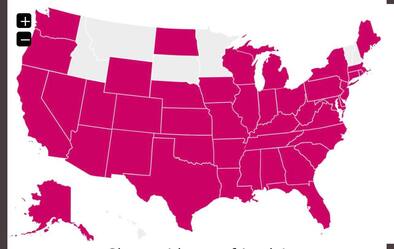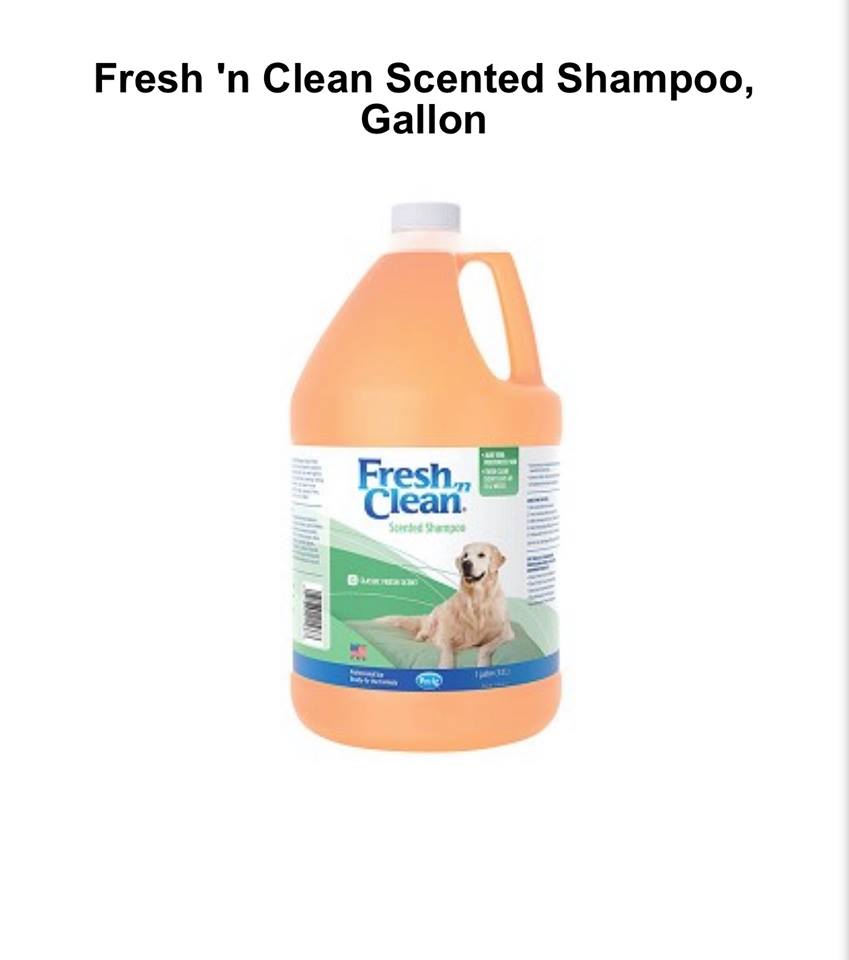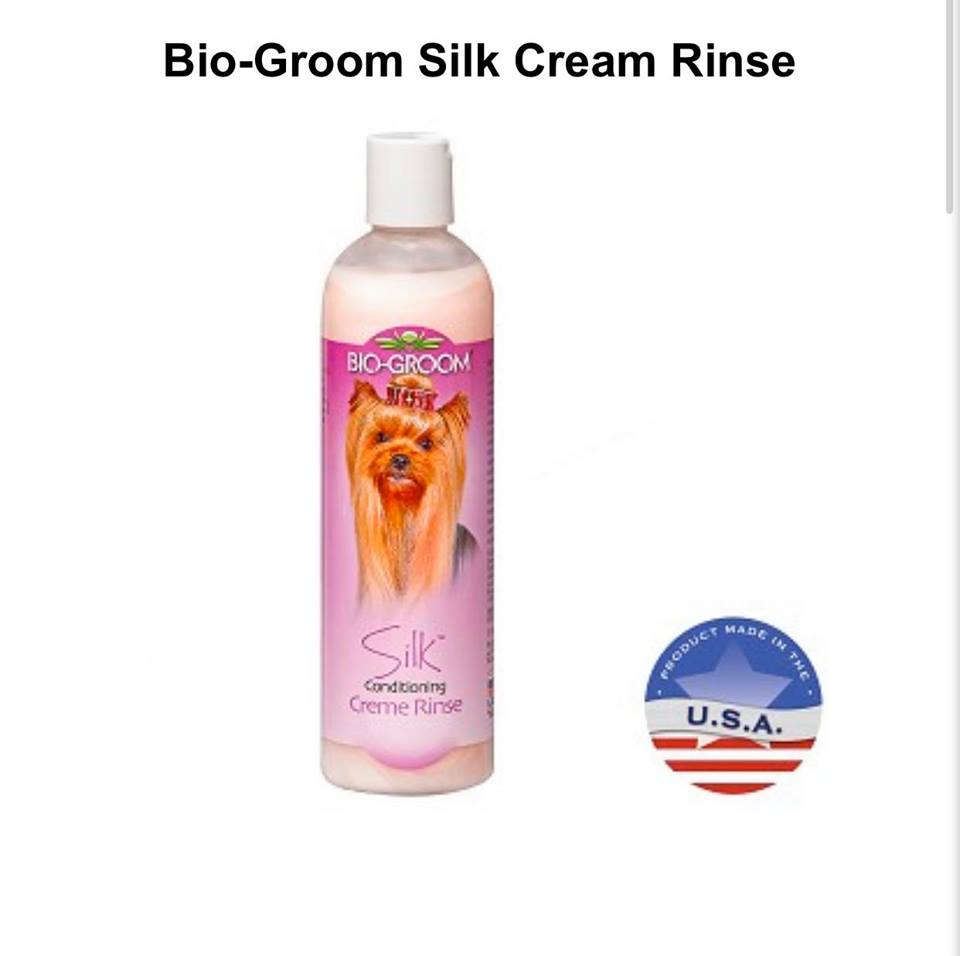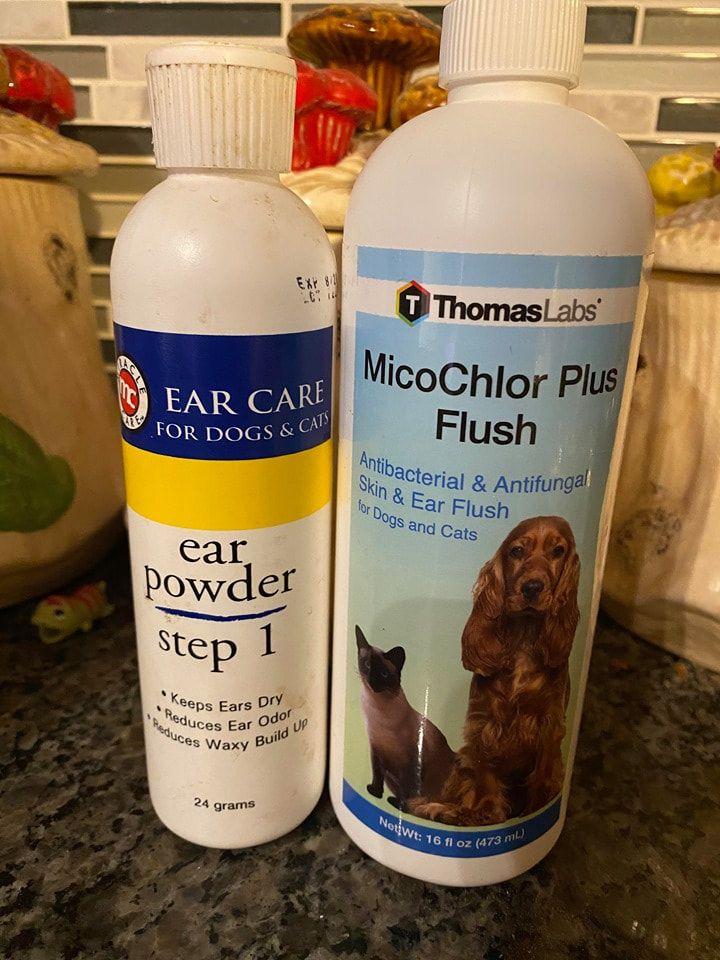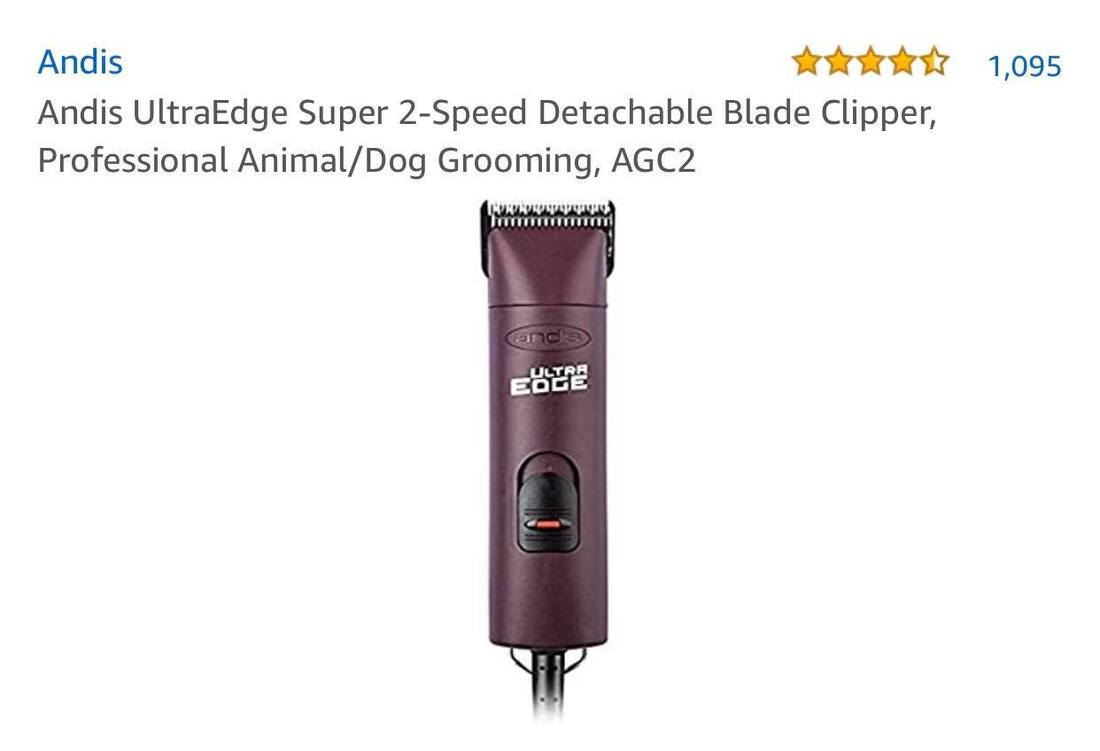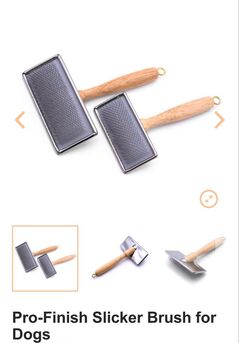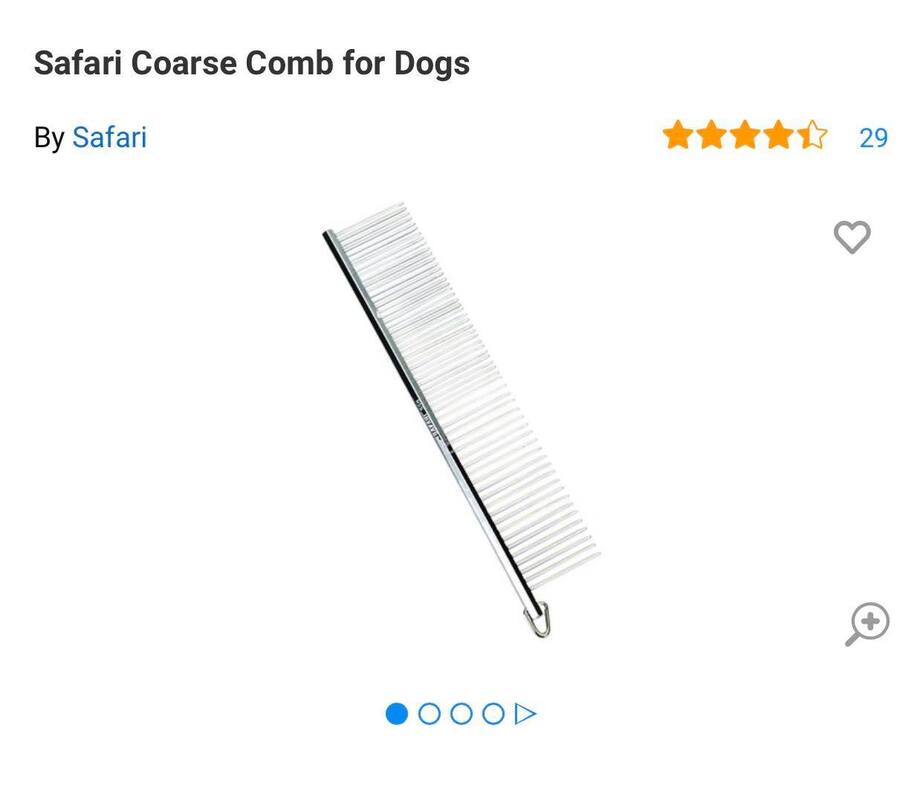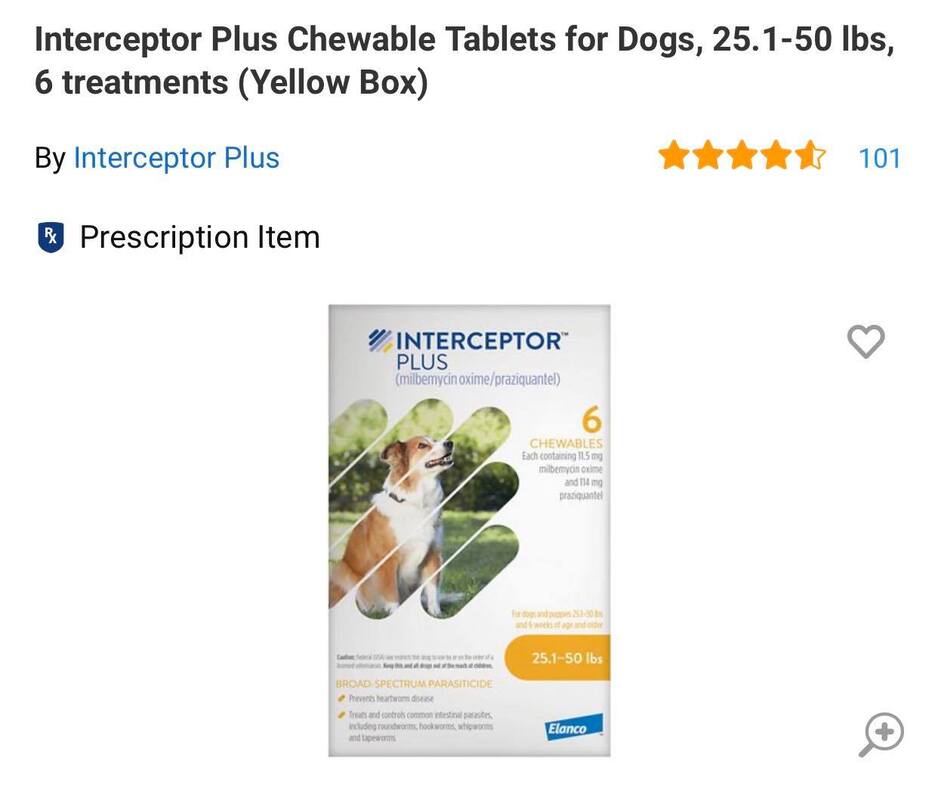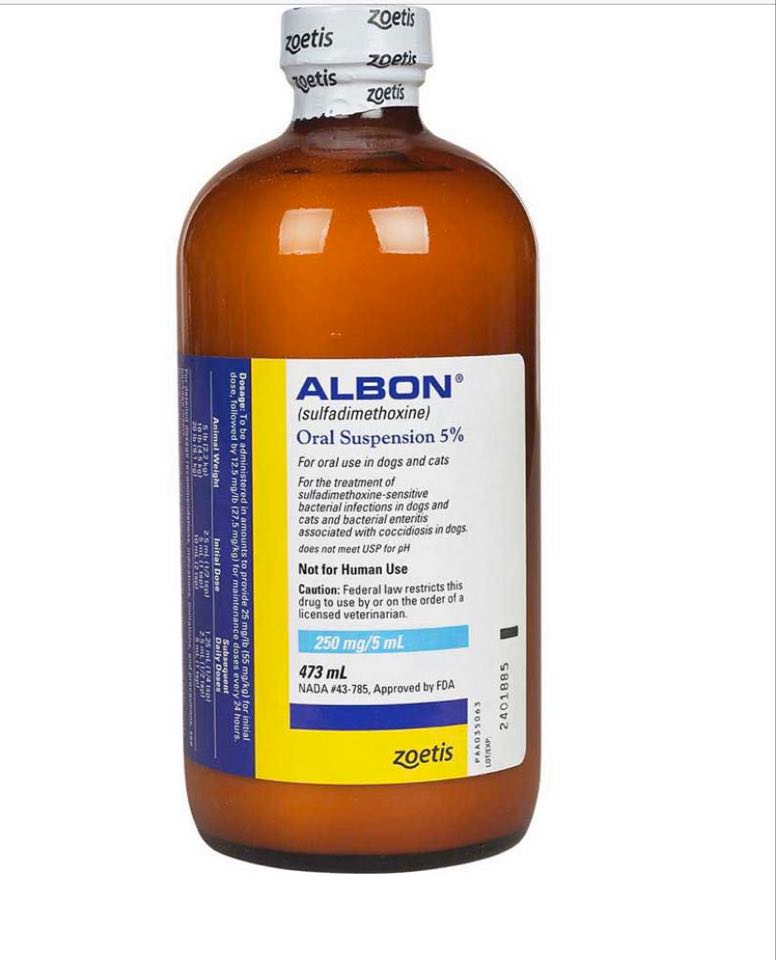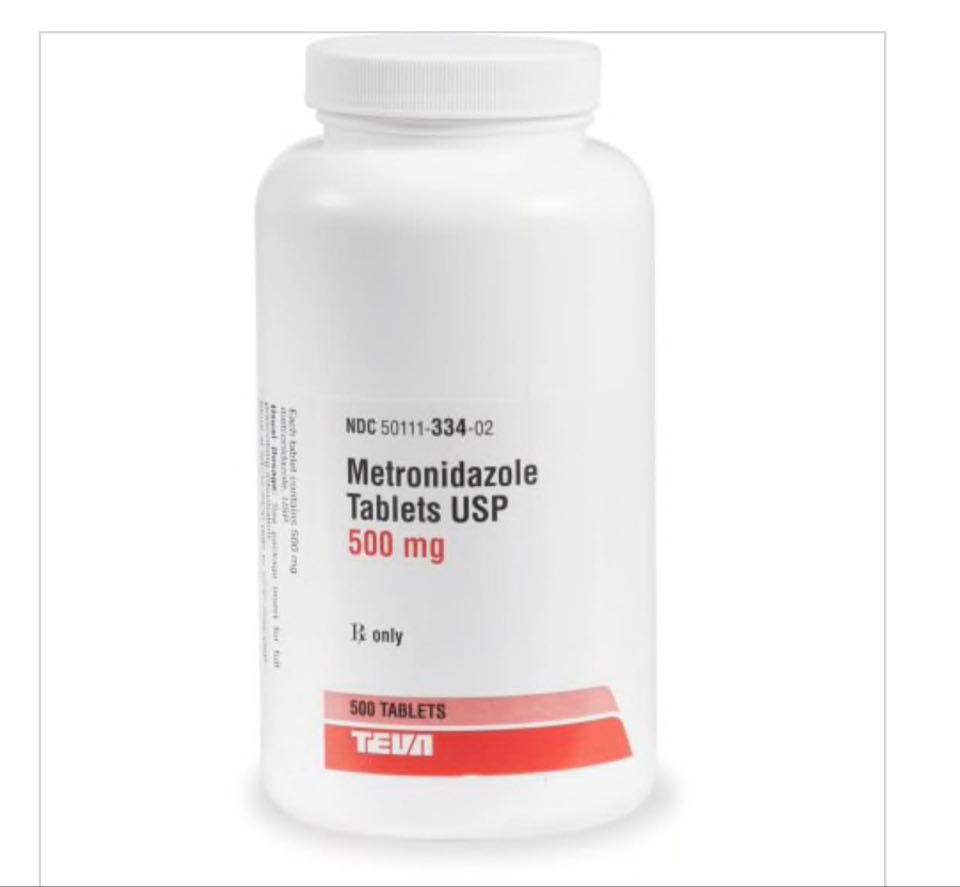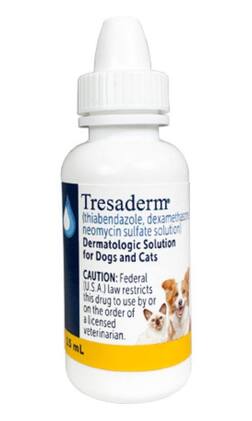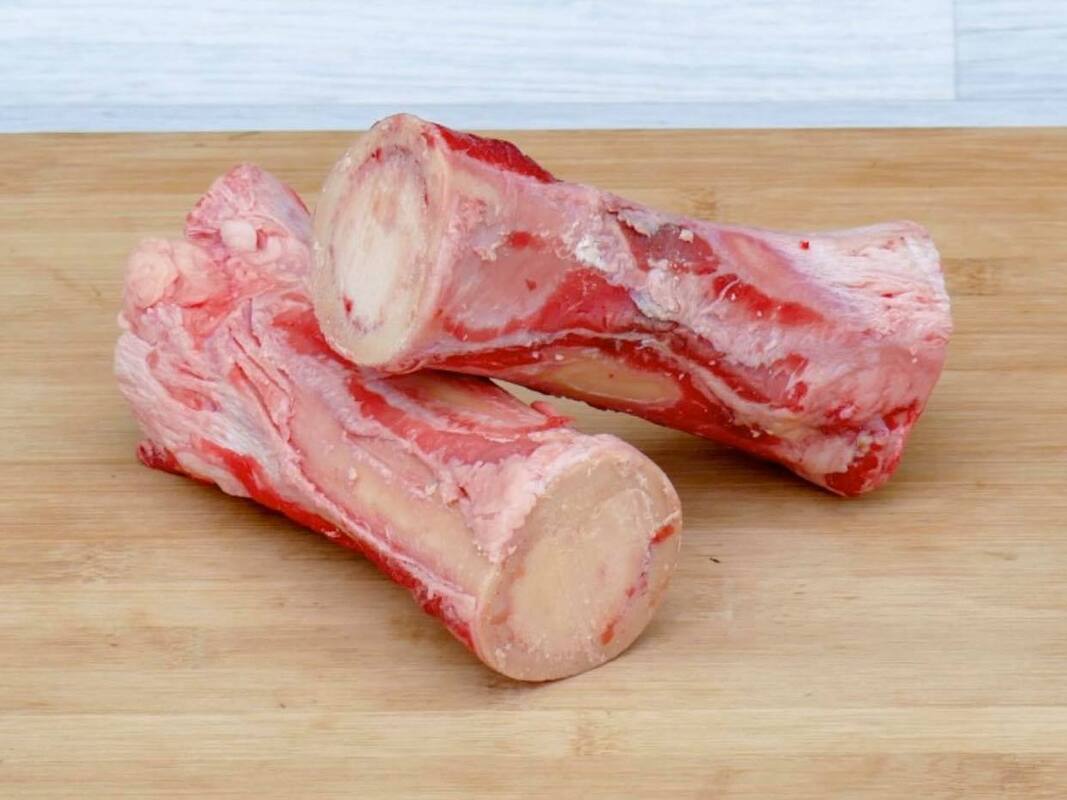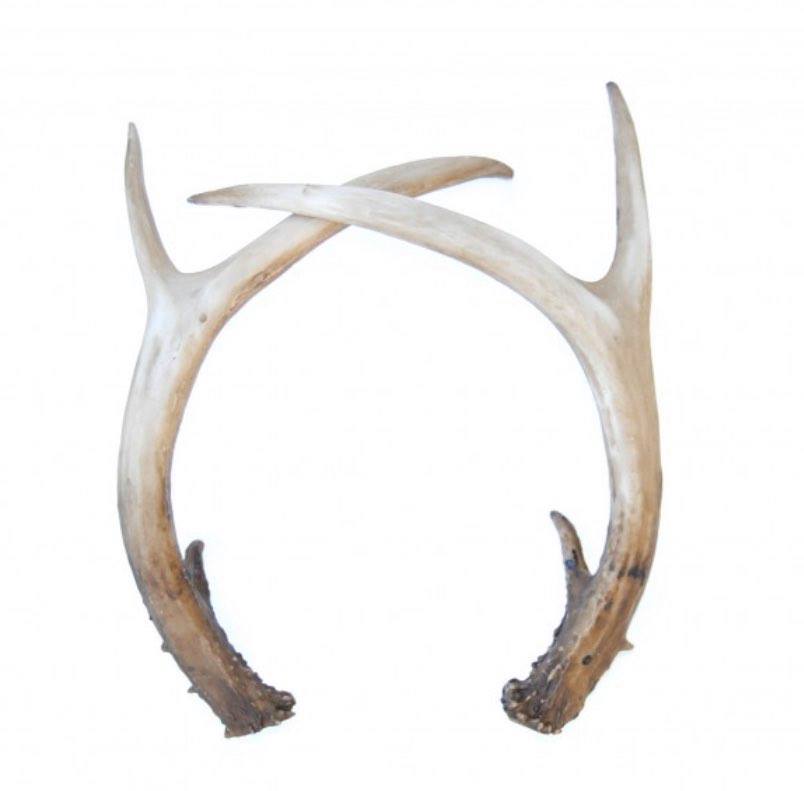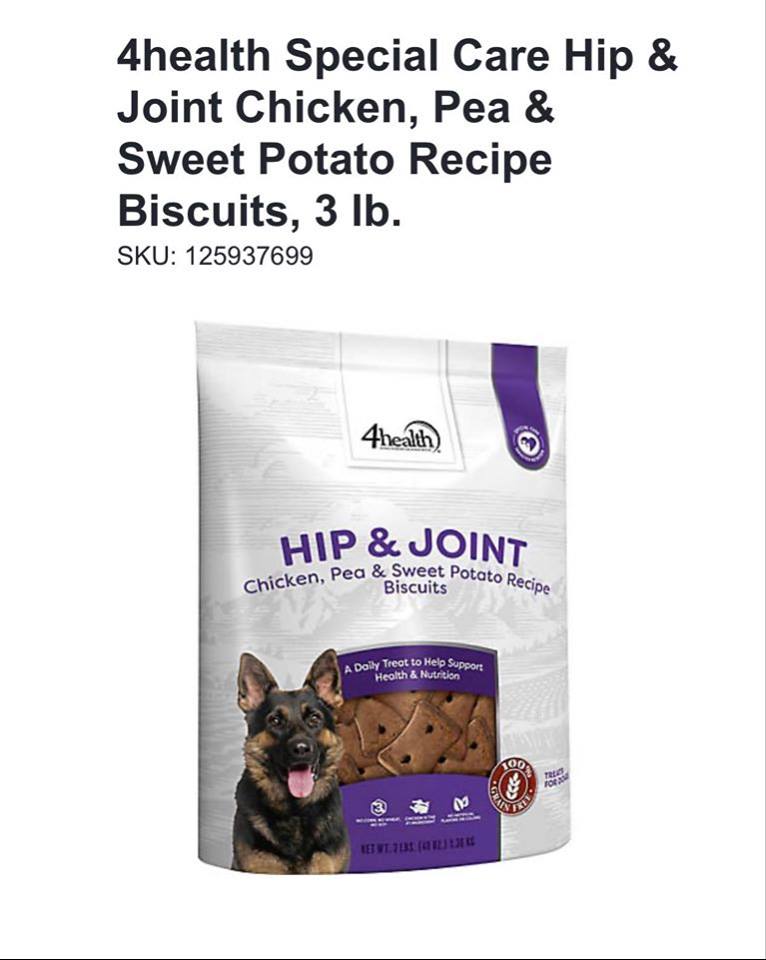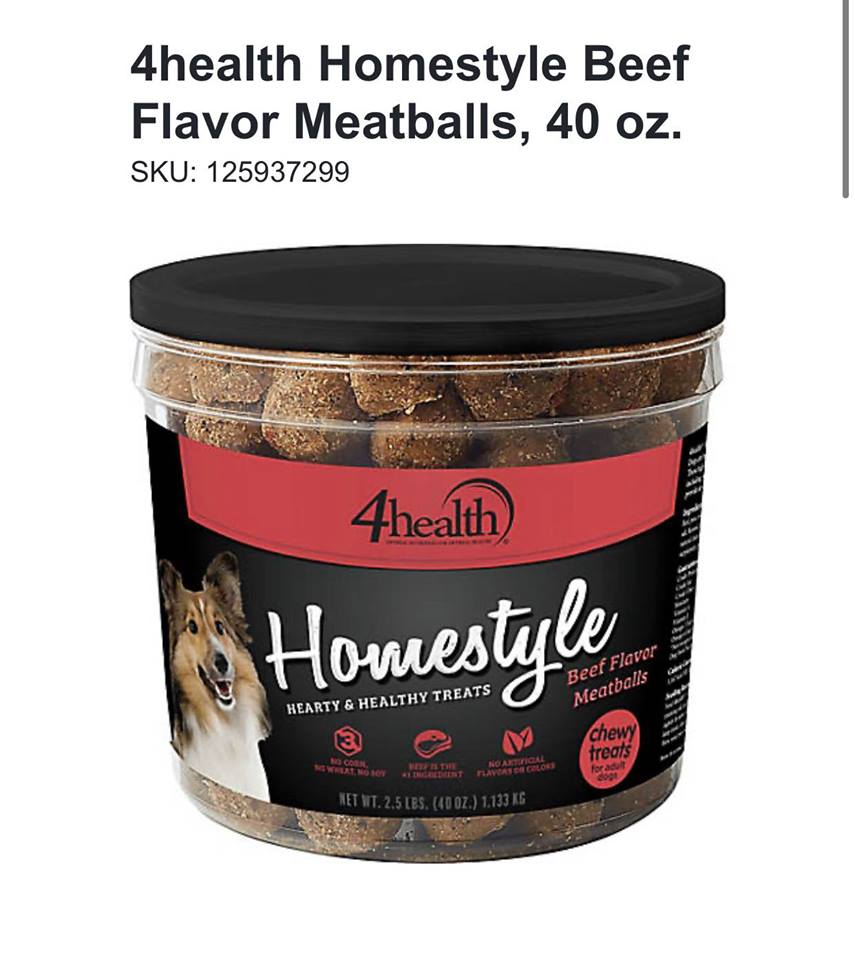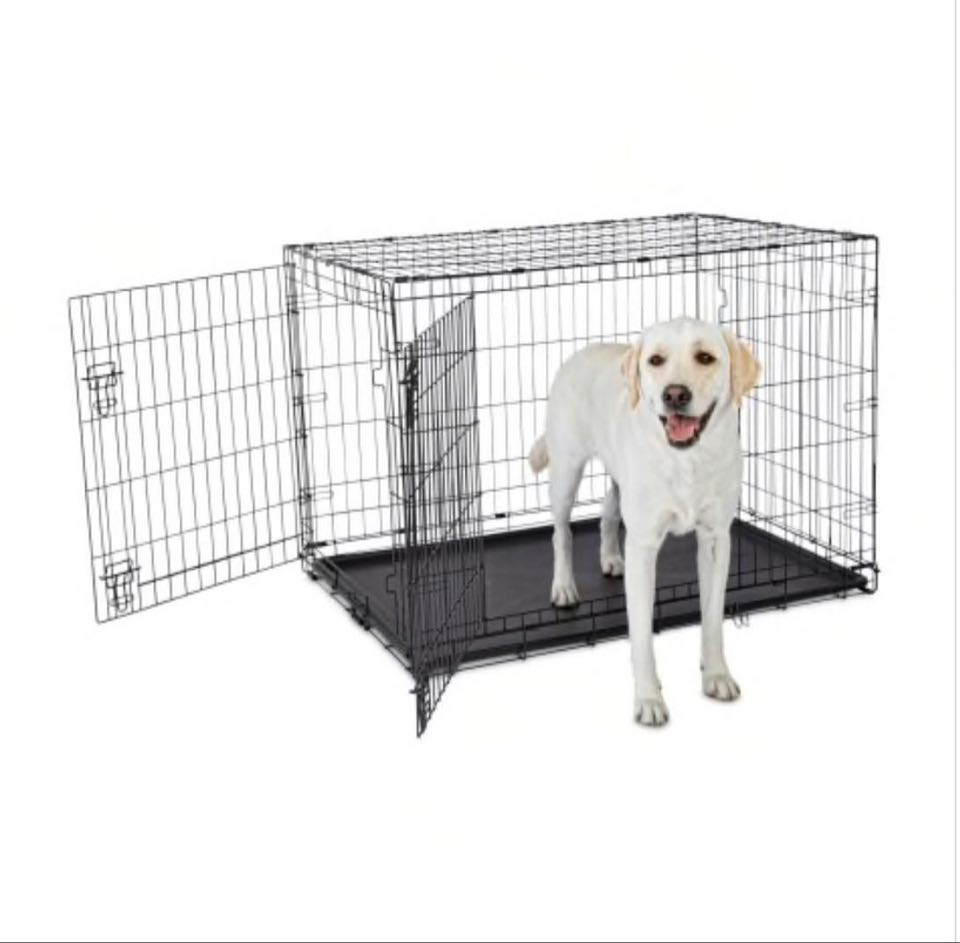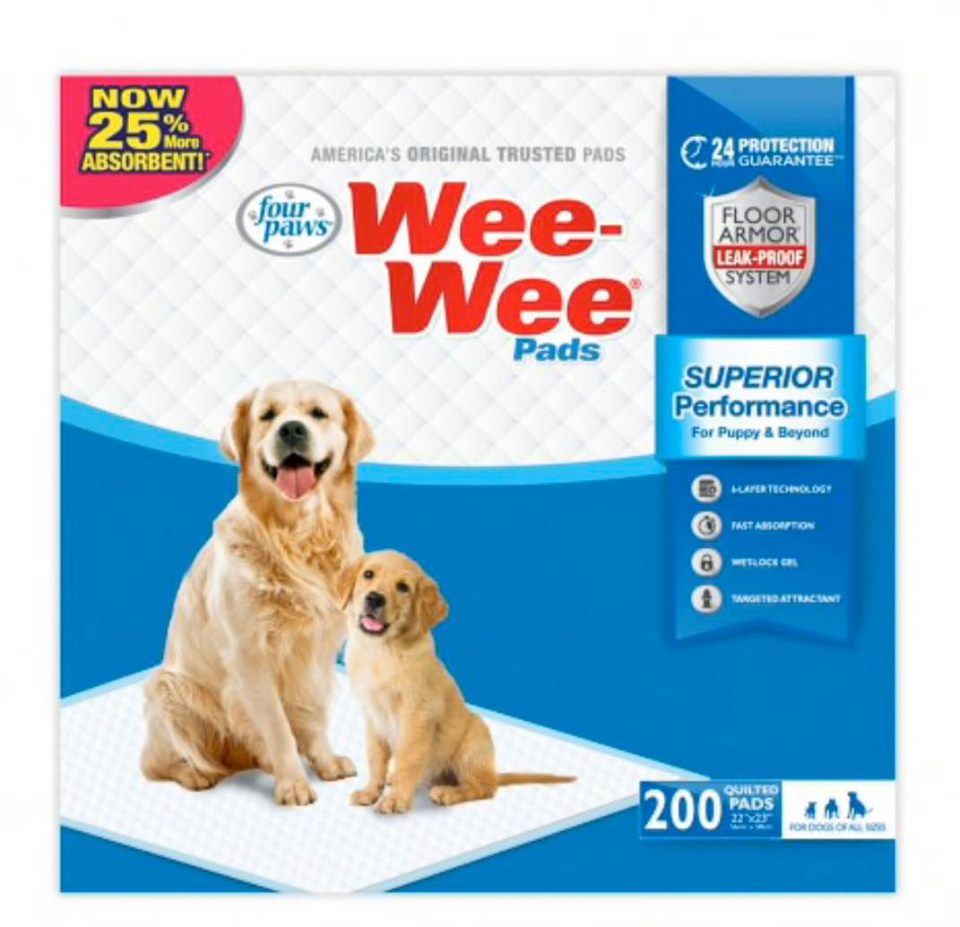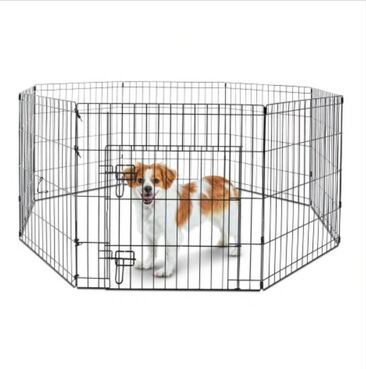Additional Information you need to know when purchasing a puppy from LoEll’s Standard Poodles:
*We do NOT and will NOT sell to kennels, puppy mills, or animal testing facilities*
Please fill out a Puppy Application if you are interested in a baby from us!
Visiting:
As much as we wish we could, we cannot allow visitors to our home. One reason being, our puppies will NOT have completed a full series of vaccinations, meaning they can easily contract diseases such as parvovirus that can spread to all of our dogs and other puppies. Several breeders have also been robbed, killed, puppies stolen, etc. It is unfortunately too risky for our puppies to have high volume traffic in and out of our home. When a buyer has sent us money for a puppy, we are now caring for someone else's pet, and for the 8-9 weeks we have this puppy, their new owners have put their trust in us to protect their new family member at all costs. I understand this can be a deal breaker for some, and we would never expect or push someone to commit to one of our babies if you are not comfortable with the situation, so we would recommend finding a breeder that can accommodate your need to view their kennel/home. We’re very open to FaceTime! Upon request, we can also bring your puppy's parents along for pick up.
Deposit Holder VS Waitlister
Being a deposit holder and being on a waitlist are two different things. If you would like to place a deposit on an unborn litter (we accept 3-5 per unborn litter), you are more than welcome to do so upon filling out our deposit form and puppy application. This guarantees you a puppy! Being on a waitlist does not guarantee you a puppy, but you are not required to place any money down until the babies are here. If you are uncomfortable placing a deposit on an unborn litter, you can be placed on the waitlist by filling out a puppy application. After the puppies get here and deposit holders have selected their new baby, I will then inform everyone on the waitlist of which babies are still looking for their forever homes. At that time, the waitlist can place a deposit and pick their puppy.
A puppy application must be filled out in order to be placed on a waitlist! When on a waitlist, we do NOT go in order of the list. We message all of the wait-list people at the same time with pictures and information of each puppy, we give everyone an hour or so to read our messages and at that point it is first come from serve. You will also tell us at the time of placing a deposit which puppy you want (or within 24 hours of puppies arrival if you have placed a deposit on an unborn litter). Please keep in mind, if you place a deposit on an unborn litter you are doing so AT YOUR OWN RISK! If you would like to place a deposit on an unborn litter, we require a $500 nonrefundable deposit with the understanding that anything can happen in pregnancy and young puppies (moms can miscarry babies, reabsorb them, fading puppies, etc), so if anything is to happen, the deposit is still nonrefundable, but transferred ONE time before being forfeited. Same if there is not the color/gender you are wanting.
We only take wire transfers, cash, Zelle, Venmo, CashApp, or money orders for deposits and final payments. We will NOT accept PayPal or a personal check. The puppy will not leave us until paid in full! We also see that you read our contract/health guarantee prior to placing a deposit. You must place a deposit to hold your puppy! We do not hold without deposits. Again, deposits are NONREFUNDABLE. We are not a savings account for individuals, any money paid towards puppies are then put back into the care of said puppies. Deposits are nonrefundable whether you sent it 1 hour, 1 day, or 1 year ago, so please keep that in mind prior to placing any money down. Be 100% sure you are committed to this puppy or upcoming litter. If you have chosen a puppy and cannot take him/her for any reason, the deposit is forfeited. The only time a transfer is applied is if you place a deposit on an unborn litter and there is not a color or gender you want. If there is the color/gender you want and you decide to pass, the deposit is also forfeited.
We also do not accept deposits on puppies 8 weeks or older, only payment in full.
Please keep in mind, you technically do NOT have to sign our contract, it states "by purchasing/sending payment towards your puppy, you agree to ALL terms of the contract."
Pricing:
Pet price (spay/neuter contract) is $2000-2500
Full registration is not offered on any puppies at this time.
Pictures/Videos:
We take pictures as newborns, 2, 4, 6, and 8 weeks of age. We have found this schedule to be easiest in our busy lives. If time permitted, we will send videos or do Facebook lives in between pictures. We strive to be very active with our puppies and always want buyers to be updated on their new baby!
Puppy Socialization:
The puppies are all played with daily from the day they are born until the day they leave us. They are raised with an 8 year old little girl that is constantly with the pups. We start noise desensitizing at 2 weeks old and continue desensitizing until the puppies leave (once-twice a week until leaving). We also start grooming at 2 weeks old and groom/bathe them once a week. We expose the puppies to our older dogs (both big and small), our cats, and even our chickens. We do ENS (early neurological stimulation) as well as ESI (early scent introduction) starting at 3 days old until 16 days old. The puppies are raised in our home, so we can always keep an eye on them. We do have a big puppy pen set up in our front yard with toys, houses, a pool, etc that the puppies go in (if weather permitting) during the day once old enough. We bring them in before dark and they go in the “puppy room” and are crated with puppy pads to begin potty training. We put a lot of time and effort into making our puppies as social as possible.
Vetting/Vaccinations:
We give 5- way shots (protects against Canine Distemper, Adenovirus Type 1 & 2, Parainfluenza, and Parvovirus)
We give shots at 6 and 8 weeks, we do so because it can take up to 7-10 days for a puppy to get SOME immunity to a shot. Your puppy will come home with his/her vaccination records. Your puppy will have had 2 shots prior to going home (an exception being the puppy is older than 12 weeks old) We also de-worm with panacur or pyrantel every bi weekly. They are also given Interceptor Plus at 7 weeks old. Puppies are given albon and metronidazole (as a preventative for giardia/coccidia) both will be given daily for 7 days before going home. Please understand worms are common in puppies as they explore the outside world, although we take preventative measures worming will need to continue when you receive your puppy.
Your puppy will see our vet prior to leaving us and puppy will come home with a health certificate from our vet. If a puppy is found to have any listed above we will keep the puppy for more treatment or if buyer so chooses to treat at home we will send proper medications or Interceptor Plus, depending on how the puppy is being transported.
Pick-Up/Delivery:
Per state laws, puppies cannot leave us until 8 weeks of age. We prefer puppies be picked up at 8 to 8.5 weeks old, but ask they be picked up/delivered to you by no later than 10 weeks of age unless we feel he/she needs to stay longer; anything after 8.5 weeks is a $25 per day boarding fee. If not picked up by 12 weeks, the puppy is to be resold and buyer is NOT entitled to any money back. Please let us know 5-7 days in advance what day/time you can pick your puppy up or what day you would be open to have him/her delivered to you. If he/she is being delivered, the remaining balance MUST be paid as late as 7 weeks old. If you're picking your puppy up, payment may be made in cash, Venmo, or Zelle while meeting with us. We do not accept checks for final payment. We are generally flexible with meeting times, afternoon or evening is usually best. We are open to meet any day of the week.
We can have puppies delivered to any US states (excluding Hawaii), Canada, and Puerto Rico. Your puppy will come home with his/her vaccination/de-worming records, copies of parents health testing, a sample of their food, blanket that smells like siblings, health certificate from my vet, a receipt, birth certificate, food change information, how to help/prevent stress/stress induced coccidia, information on parvo and how it is spread, and Interceptor Plus if not given before leaving. If your puppy was sold on a spay/neuter contract, you will receive AKC papers AFTER we receive proof of spay/neuter.
Here is the map of what states our past puppies live in!
Limited vs Full Registration:
All of our dogs are AKC registered, but there are two types of registration. If you buy your puppy on limited registration, that means your new puppy is solely just a pet and you have NO breeding or show rights to your dog. You will also sign a very detailed and strict spay/neuter contract. With full registration, you will then have breeding/show rights to your dog. Any dog you plan on breeding MUST be bought with FULL registration! We do not guarantee any puppy to be able to breed/show regardless of status on AKC papers i.e limited or full registration.
At this time, full registration is not being offered with our puppies.
Hip/Elbow Dysplasia:
We do not guarantee against hip or elbow dysplasia due to the fact that 80% of it is caused by environmental factors (excessive jumping, going up/down stairs, being overweight, etc). We cannot guarantee how buyers will raise their puppies or the diet they're on. We ask that buyers keep their dogs fit with a good diet to lessen the chance of hip dysplasia, but of course cannot enforce that. Hip dysplasia cannot yet be genetically tested for as there is too many components to the disorder. Two parents with excellent hip scores can still produce offspring that can later develop dysplasia, that is why it is extremely important to maintain a healthy weight and refrain from repetitive movements or strenuous activities while your puppy is in its growing stages. We also recommend and enforce in our guarantee that spay/neutering should not be done until your puppy is at a minimum 12 months of age.
Are Poodles hypoallergenic?
Yes, poodles are hypoallergenic in the sense of them being LESS LIKELY to cause an allergic reaction. This however does not guarantee there will not be an allergic response to the dog. The keys words being “less likely” as poodles can still carry dander. Most people with allergies are totally fine with poodles, but not all are!
Male vs Female
I am always hearing from people that they do not know what gender they want and it is really all about personal preference. I can offer pros and cons about both genders and what will suit your family best. There tends to be a stigma around owning a male dog when in my opinion, they make better pets. While females love you, males are in love with you! They take their job as the family companion very seriously and tend to be more loving. A female will also be a wonderful pet, but they tend to be more independent and moody. Poodles all together are known for being great protectors for the people they love no matter the gender.
Is a Standard Poodle the right breed for you?
We should always take into consideration breed traits and characteristics. Dog breeds were bred purposefully for certain jobs. Poodles were originally bred as a working canine. They can have a high drive at times and are bred to be highly intelligent, that being said their intelligence can get them into trouble as they need stimulation and strict discipline. Our dogs rely on us as good owners to show them the rules and give guidance. This breed, although friendly, can be aloof and prefer their people vs strangers. They are a protective breed. Please keep this in mind when deciding on a Standard Poodle.
Retirement Homes:
As a breeder, it is unrealistic for us to be able to keep all dogs that retire from our program. As much as we would love to, it means less room, time, and attention we can give to both our retirees and new dogs/puppies that are brought in to take the spot of the retiree in our program. So, we have found it is best to find our retired puppy parents wonderful new homes where they will be loved and spoiled as much as they have been here! While it does break our hearts to see them go, we are very excited for the new chapter in their lives! Happy Retirement! Rehoming fees vary
Requirements:
- They must be indoor dogs
- If you can not keep him/her at any point, they come back to us
- Fed high quality food (first ingredient being meat; no corn, wheat, soy)
- Groomed every 4-6 weeks
- Keep in contact and update us for the remainder of this dogs life!!
- NEVER surrendered to a rescue (again, they come back to us!)
- Keep up with vet care, vaccinations, dental care, etc
- If dog is found to be neglected, abused, or uncared for, we have the right to relinquish your ownership rights and dog comes back to us immediately
- Of course he/she needs to be spoiled!
Health Testing: We genetically health test our parent dogs through Animal Genetics for DM (Degenerative Myelopathy), NEwS (Neonatal Encephalopathy with Seizures), VwD1 (Von Willebrand Disease 1), and PRA-prcd (Progressive Retinal Atrophy, Progressive Rod-Cone Degeneration). Those are the only four genetic diseases breed specific to Standard Poodles. There is no genetic test available for things such as Addisons or Crushing as they are still being researched. We do not breed dogs affected by the above diseases, only clear or carriers. Carriers can safely be bred as long as the dog they are being bred to is clear, meaning statistically, 50% of the litter will be clear and 50% will be carriers, none affected with the disorder. Not breeding carriers is detrimental to the already tiny gene pool in poodles, so extracting carriers from a bloodline will severely bottleneck the breed. We also do PennHip testing on our parent dogs as well as OFA elbows, eyes, and cardiac.
If you would like to see the results of health testing on a particular dog, you are more than welcome to ask!
Recommended Food:
We recommend keeping your puppy/dog on a high quality food with first ingredients being meat based (beef, lamb, salmon etc) We also recommend avoiding grain-free diets as there has been recent studies on the lack of taurine creating heart conditions in canines. We are currently feeding Nutrisource large breed puppy. Our puppies are also given probiotics while with us.
Size Ranges:
While we mainly focus on small-average size standards (40-55 pounds), we also have had larger standards. We give our best prediction as to what size your puppy will be as an adult based on sizes of parents and grandparents, but there is no way to guarantee the size your puppy will be as an adult. We have had the smallest in the litter become the largest as an adult and vise versa. On an average scale, here is what you can expect for sizes from us:
30-80 pounds, 21-28" tall (depending on who the parents are)
Rehoming:
If for any reason at anytime buyer cannot keep their puppy/dog we will take the puppy/dog back and find them a suitable home. We do understand that life events happen. We do not want any of our puppies to end up in shelters or with rescue groups. Although your puppy/dog is your pet, we still feel its our responsibility as their breeder to ensure they are always well cared for and never end up in a bad situation. More info is in our guarantee.
Health Guarantee:
When bringing a new baby into your home, please keep in mind we are breeders, not God. We as breeders do what we can to reduce the risk of genetic diseases prone to our breed. We do all of the genetics testing we have available to us at this time, but that does not mean every puppy produced will be perfect (that goes for all breeders of every breed). Just as in humans, we cannot dissolve every medical issue known or unknown to man. This is why we offer a health guarantee. If an issue were ever to arise, please keep this in mind and the matter will be dealt with in a civil manner. All of our babies have been in great health thus far, but if a baby is to have a genetic issue, we are more than willing to work with you and help as much as possible. Please read our Health Guarantee & Contract
*Under no circumstances will we send a puppy home without payment in full. Please do not ask us to send a puppy/ puppies and pay later. We have done so in the past only to have never received payment. We give ample time for a puppy to be paid in full before going home.*
Bringing your new baby home:
I think this section is very important and not up for discussion enough in the canine community. When bringing your new puppy home it is imperative to not stress your puppy out! Taking your puppy to meet new family and friends, driving your puppy all over the place, taking them immediately to pet stores or puppy classes , rodeos, doggy parks etc. is not recommended. They do not have the immunity required for the exposure. They are not fully immune until the vaccination series is completed, usually around 16 weeks old. They haven't had the time to learn their environment (remember they know their breeder and their mothers only) so it causes them to stress which then lowers their immune system setting them up to catch any virus/illness they may have been exposed too. We cannot stress this enough. Take your puppy home only! Create a comfortable space they can be in to start the adjustment process. If traveling, do not expose your puppy to random gas stations or rest stops! With the amount of travel in the USA, chances of another animal being in that same area with disease is high! Have a travel crate available with puppy pads or acquire a small portion of artificial grass to take with you. I understand this may sounds extreme but it could save your puppy from getting sick.
Micro-chipping:
All of our adults are micro-chipped. If you would like your puppy micro-chipped before coming home please let us know. We can have them micro-chipped at an additional fee of $30.00. We use Fi Nano for microchips, so your puppy will be sent home with his or her microchip number and the best part about Fi Nano is that I do all of the work for you as far as registering the chip in your name!
Stud Service:
We do offer stud services to outside females. You must come to us, you can leave your female with us for up to 3 days (anything after 3 days is $25 per day boarding fee) or you can make multiple trips back. If your female stays with us, we require you bring her food and a crate. She will be in our home, taken out on a leash every few hours to play and potty, and will not be exposed to any dogs (besides her "boyfriend"). We require proof of a negative brucellosis test to be done 3-5 days prior to the breeding. We do not accept checks for payment, but will accept Zelle, a wire tranfer, Venmo, CashApp or a money order. The full amount of the stud fee is due at the time of the breeding.
If the female does not take or only has 1 puppy, we offer a 1 time free re-breeding within a year of the original breeding time. In order to get the free re-breeding, you will need proof from your vet that he/she did not see any puppies in an ultrasound or X-ray at 59-63 days into the pregnancy. No refunds will be given whatsoever. We are not responsible for females with fertility issues.
We do have a stud contract that will need to be signed as well
**WE DO NOT SHIP SEMEN**
Here is a map of where our past puppies live now!
Recommended Products:
Bathing/Ear Cleaning:
Grooming:
Medications:
Treats:
|
We've found raw beef bones to be to best "treat!" Not only does it keep them busy for hours, it also cleans their teeth and they can't chew through it. Plus they just LOVE it
|
Another favorite amongst our poodles is deer antlers.
|
Ours get one of these every single night before bed!
|
We generally use these as "training treats"
|
Coming Home:
|
We highly recommend and encourage crate training your new pup! Generally, you will want a medium sized crate (around 42") to start out with
|
We also recommend puppy pads in the crate until they're fully crate trained
|
Exercise pens have been a life savor for us! You can have them inside or outside and keep your little monster contained (lol)
|
